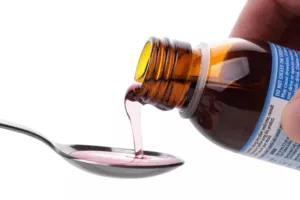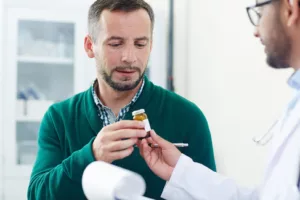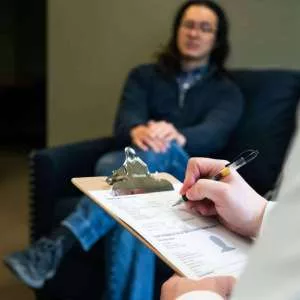Addiction Resources
It’s one thing to have a desire for recovery; but, knowing how to get help is another. Firstly, recognizing there’s a problem is half the battle. At the same time, knowing what treatments are available and the process of recovery can prepare a person for what’s ahead.
A person can be hesitant about the recovery journey if they don’t know what will happen. Some people might even think it’s a quick fix. At the same time, others give up without trying because they don’t know where to start. Whatever the reason, it’s crucial to know the challenges that can arise. Knowing what to expect can make the recovery journey less scary and lead to lasting recovery.
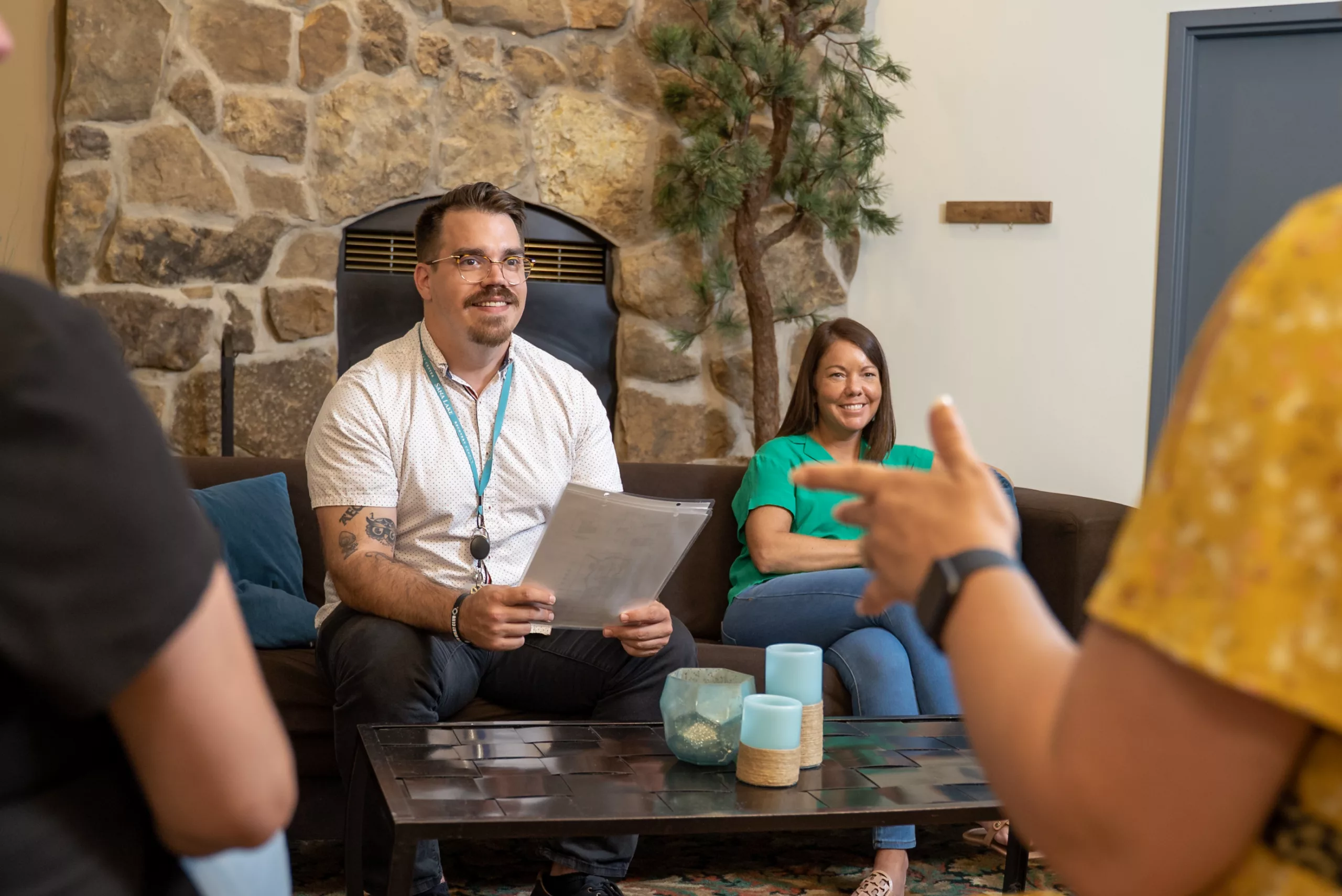
Admitting Help Is Needed
The first step to recovery admitting there is a problem with drugs and alcohol. Admittance is not easy, and denial is common when someone has lost control. Nevertheless, some factors that can determine if the use of substances has become a problem include:
- Inability to control how much and how often the substance is used, or to stop altogether
- Substance use interferes with responsibilities, relationships, and other activities
- The continued use despite physical and mental health problems or other consequences
- Cravings or withdrawal symptoms without the substance
These and other signs can indicate that substance use is a problem. With the recognition of a problem, a person can focus on the steps leading to a life of recovery.
What It Takes to Treat Addiction
Treating addiction requires a commitment from the person with addiction, trained professionals, and comprehensive treatment methods. With a combination of these, people with substance use disorder (SUD) have found recovery for life. The key to recovery is finding the program and therapists to treat each person’s unique addiction needs.

Reach Out For Help
Once a person admits they need help, the next step in getting help. But, recovery is not a journey to be taken alone. There are a lot of resources to help a person find the right treatment for their addiction. At the same time, having support from friends and family can keep a person motivated in treatment.
Some people need the support of friends and family to enter treatment. But it is crucial to be cautious when choosing those people. When a person has an addiction, their friends tend to be people that support their addictive disorder. For this reason, picking a support system can also mean avoiding those who will get in the way.
However, for some people, they have pushed away family and healthy friends. The lies and manipulation of addiction can leave many people without a loved one to support them. In this case, a person should reach out to medical or addiction professionals.
With help from professionals, a person can get a proper diagnosis. A diagnosis can include any co-occurring mental disorders as well. With professional help and a proper diagnosis, individuals can find treatment to help them on the recovery journey.
Types of Addiction Treatment Programs
The National Institute on Drug Abuse states that no single treatment is appropriate for everyone. Each person is unique, and so is their addiction. Therefore their treatment needs to be personalized to fit their needs.
Most importantly, a person should choose a treatment that has positive results. A research-based treatment program has scientific proof of positive results. The research proves that therapies in these programs promote recovery.
When an addiction treatment program claims to be evidence-based, it offers addiction treatment programming that is scientifically sound and includes research-based practices. It provides consistent positive outcomes and promotes long-term recovery.
Holistic-based treatment is a “whole body” approach to addiction treatment. It takes into account the emotional, mental, and spiritual needs of the person. The goal of holistic-based treatment is to treat all angles of addiction. By treating the “whole person,” recovery for life is possible.
Level of Care in Addiction Treatment
Choosing the right treatment program is a personal decision. Some people may need the supervision of inpatient treatment. While others have families and jobs, they can’t leave, and outpatient is better for them. There is an addiction program to fit the needs of each person seeking recovery.
A medical detox program may be the first step for many in recovery. An addiction to alcohol or opiates requires medical intervention to safely detox. Medical detox is the use of FDA-approved medications to rid the body of substances safely. Medical detox is essential because some withdrawal symptoms can be painful, and some can even be life-threatening.
Outpatient treatment programs allow people to take care of their responsibilities and seek treatment. They can go to work, school, their kid’s ball game, and go to treatment on their schedule. Consequently, the downside of outpatient treatment is the lack of supervision. And for some people that freedom hinders recovery.
An intensive outpatient program (IOP) is designed around the needs of the individual. An IOP does not provide around-the-clock supervision and allows the same freedom of outpatient treatment. An IOP is commonly the next step down after inpatient treatment. IOP’senables a person to continue with intense therapy sessions while also learning to transition into “normal” life.
A partial hospitalization program or PHP is helpful for people with mental health and co-occurring disorders. PHP’s are for those who are stable enough and have the support to live at home at night. But, during the day, individuals participate in intensive, structured, and supervised treatment. Most people spend a minimum of 40 hours a week in treatment. However, if someone does not have a stable home life, there may be housing options available.
Often, addiction requires round-the-clock supervision and guidance to help a person stay in recovery. In residential treatment, a person has access to help and advice from doctors, therapists, and wellness coaches. Sometimes, to heal entirely and promote recovery for life, a person must step away from their life completely. Inpatient treatment gives a person the chance to escape all the stress in life while learning healthy coping skills and treating the effects of addiction.
When a person leaves inpatient treatment, most of them can go home to a healthy living environment. However, not all people have that luxury. For some, it means leaving the safety and support of inpatient treatment and returning to a toxic environment. Toxic homes can hinder recovery and lead to relapse.
Recovery living offers a safe low-cost place for a person to call home. A person can work, attend school, and still receive support from others in recovery. Recovery living allows people to slowly integrate back into life in a healthy way to promote recovery.
When a person leaves inpatient treatment, most of them can go home to a healthy living environment. However, not all people have that luxury. For some, it means leaving the safety and support of inpatient treatment and returning to a toxic environment. Toxic homes can hinder recovery and lead to relapse.
Recovery living offers a safe low-cost place for a person to call home. A person can work, attend school, and still receive support from others in recovery. Recovery living allows people to slowly integrate back into life in a healthy way to promote recovery.
Therapy Options In Addiction Recovery
Addiction is a complex disease. In 2017, over 20 million Americans were suffering from addiction. However, just over 2 million received SUD treatment. Addiction therapy can help build coping skills, heal trauma, and help a person live a life free of drugs and alcohol. There are various therapy options to improve mental and behavioral health issues that led to addiction or occur because of addiction.
Individual therapy involves a person with an addiction and a therapist. It offers a safe space for people to talk about issues without judgment. Therapists provide support, guidance, and advice while a person learns to heal from addiction. Individual therapy can be broken down to treat specific issues and include the following.
Cognitive-behavioral therapy (CBT) is a type of talk therapy. CBT helps treat co-occurring mental health disorders and also learning healthy coping skills. As a result, people learn how to reduce stress, cope with relationship issues, and face many life challenges without substance use.
Dialectical behavior therapy (DBT) is a type of CBT. But, DBT focuses on living in the moment. As a result, people learn all things are connected, and change is constant. DBT teaches that through mindfulness and awareness, positive changes can happen.
Group therapy involves therapy sessions with other people and therapists. Group therapy offers support and guidance to help overcome addiction struggles. The goal of group therapy is to create a community to support and encourage one another through shared experiences.
Family therapy is crucial during addiction treatment. Addiction affects each member of the family. For this reason, everyone needs to have a safe space to express their feelings. Also, families learn about the effects of addiction and how to support their loved one through recovery.
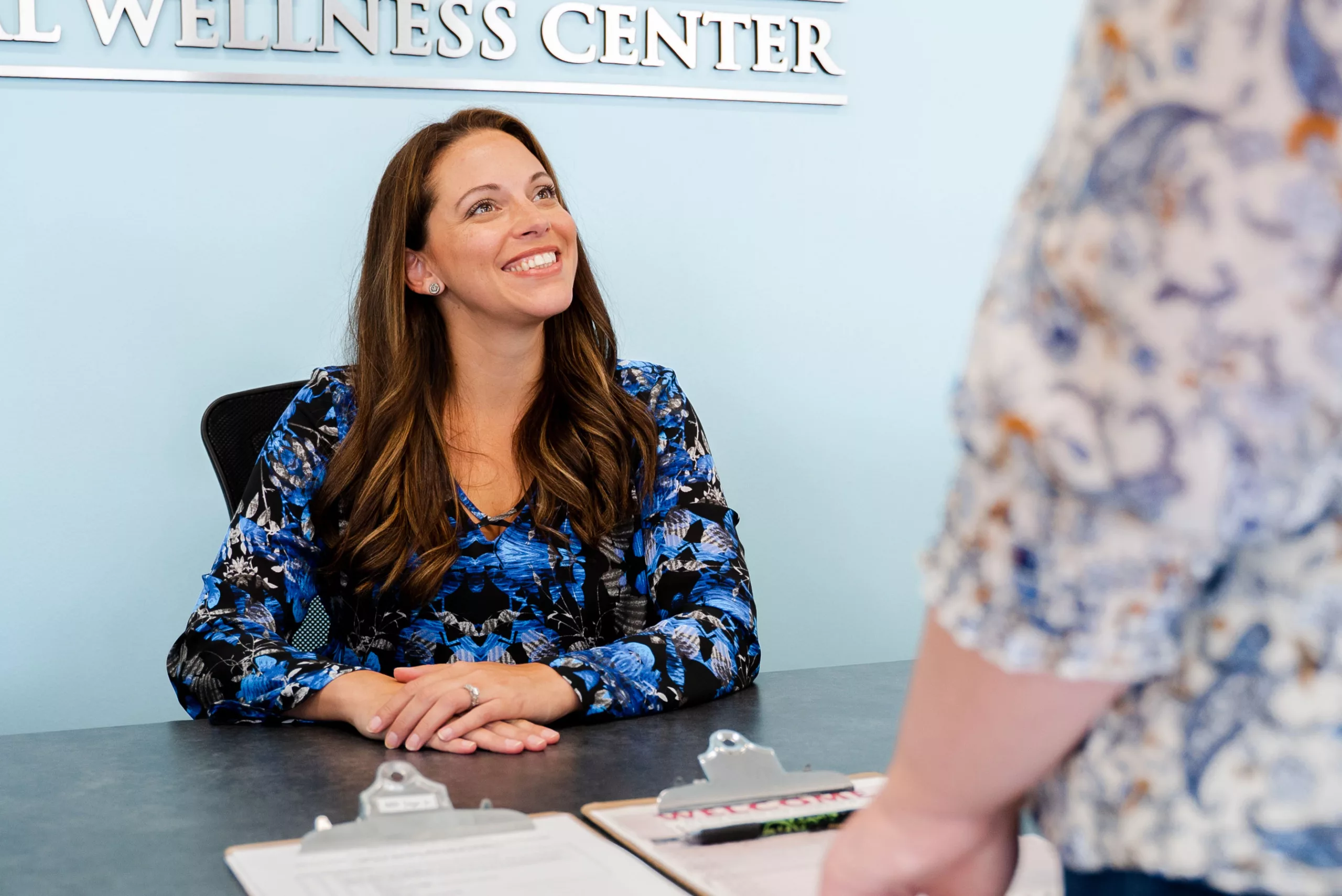
Aftercare Programs for Addiction Recovery
A good aftercare program is vital to continued recovery. Because addiction is a chronic disease, it needs life long treatment. Even a person who has been in recovery for years can relapse if they don’t nurture recovery.
Many treatment centers offer their member’s aftercare programs at the facility. But there are a variety of options to receive support after leaving treatment. Support programs like Alcoholics Anonymous (AA) and Narcotics Anonymous (NA) have meetings throughout the day. Because meetings are held at churches and community centers, there is always a meeting to attend.
Enabling Drug Addiction
Addiction can be a very stressful and painful situation for everyone involved. Not only does it affect the person but everyone around them as well.
Homeless and Addiction
On any given night in January 2019, 567,715 people didn’t have a place to call home. According to HUD’s Annual Point-in-Time Count, that means […]
How Does Narcan Work?
Narcan is administered to individuals that are suspected to be overdosing from opioids. It’s generally used in emergency situations.
Celebrity Addiction Treatment
Celebrities are people too. They struggle with emotional and mental health issues […]
Military Substance Abuse Programs
The unique lifestyle and culture of the military can push them towards substance addiction. Drug use in the military is not […]
Pharmacology Classifications of Drugs
Most people know there are drug classifications. But, what does classification mean? Classification means grouping […]
Poverty and Substance Misuse
Poverty affects millions of Americans every year. Poverty USA reports in 2018, over 38 million people struggled with […]
Spirituality and Addiction Treatment
Modern medicine works wonders in regards to treating addiction, but long before the right medicine existed, some individuals […]
The Cost of Jail vs. Treatment for Drug Offenders
Addiction is a chronic disease, but thousands of people are jailed […]
The Link Between Domestic Violence and Substance Use
The link between domestic violence and substance abuse is undeniable […]
Types of Traumatic Experiences
Trauma is the psychological and emotional effects of an extremely stressful event that shatters our sense of security and […]
Underage Drinking: Understanding Health and Societal Risks
Underage drinking in the United States is a serious problem […]
How Addiction Affects Men and Women Differently
Psychology has demonstrated that men and women have differences in how they process information. […]
Is Addiction A Disease Or Choice?
Many people wonder whether addiction is a disease or a matter of choice. […]
Music Therapy for Addiction Treatment
Although music therapy is not a standalone addiction therapy, it is an alternative therapy that can […]
Stimulants: Facts and Long-term Effects
Sometimes called “uppers,” stimulants are a class of psychoactive drug that increases […]
The Importance of Family Roles in Addiction Treatment
Family is the most important thing in life for most people. Besides needing family support in tough […]
Siblings of Addiction: How to Deal with…
Drug addiction and alcoholism can have terrible effects on the user’s life. […]
Children of Parents with Addiction: A Help Guide
Being the child of a drug addict parents can feel like a war zone instead of a typical household […]


